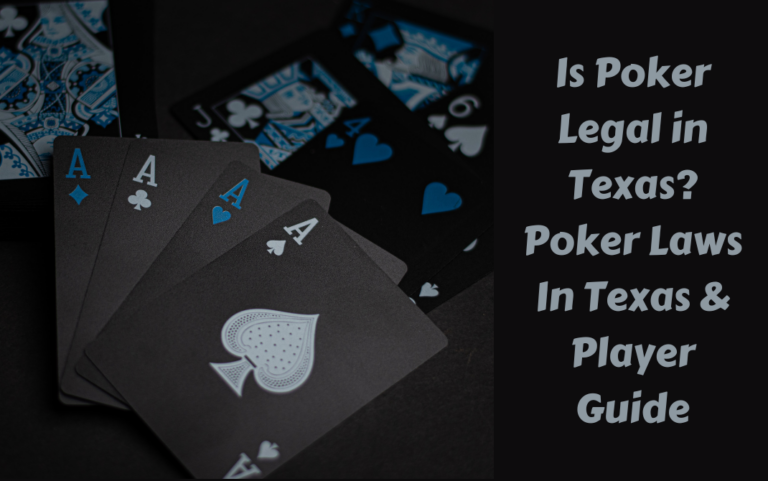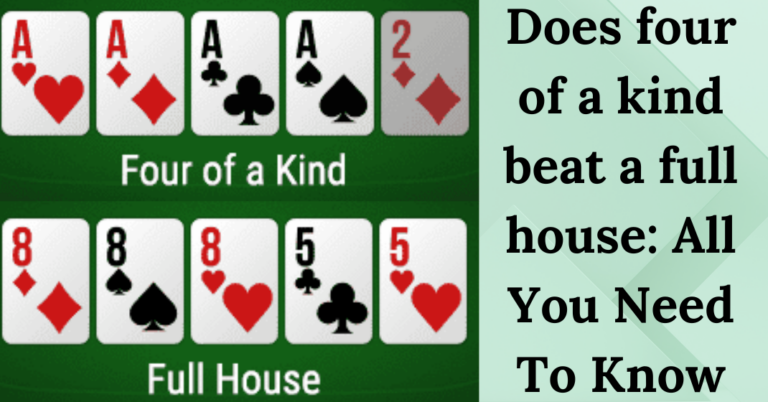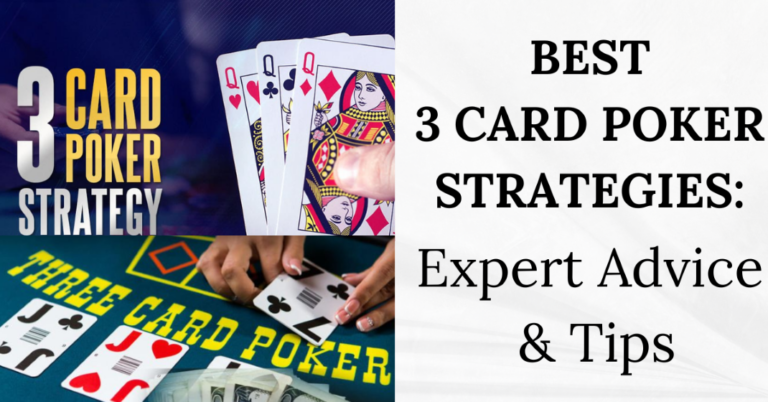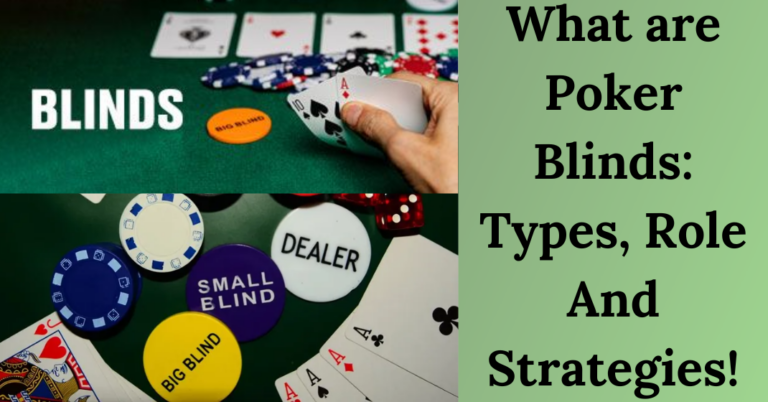How to Bet in Blackjack (Must-Know Strategies for Beginners)

Blackjack is one of the most popular casino table games due to its simple rules, fast gameplay, and low house edge. However, to get the best odds and fully leverage blackjack’s unique options, players need to understand the intricacies of betting correctly. This guide will give beginners key insights into blackjack betting to set them on the path to success.
BASIC RULES OF BLACKJACK
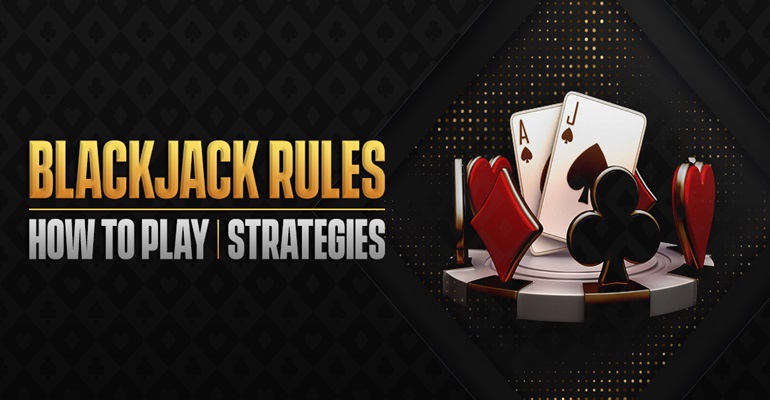
Before beginning to learn blackjack betting strategies, players must understand the fundamentals of the game. Being well-versed in the basic rules will allow you to focus on optimal betting tactics.
The objective of the Game
The main goal in blackjack is to beat the dealer’s hand without going over a total of 21. You can win a hand and get paid out even money in one of two fundamental ways:
- Having a final hand value that is closer to 21 than the dealer’s hand value. For example, you win if you have 20 and the dealer has 18.
- Have the dealer “bust” by reviewing a hand value of 21 when you do not. For instance, if you stand at 19 but the dealer’s hand goes to 22, you win regardless of your hand value.
You are not competing against other players but only against the dealer in each round.
Also Read: How To Bet On Football – Ultimate Football Betting Guide
CARD VALUES AND TOTALS
In blackjack, numbered cards (2-10) have a point value equal to their face value. Face cards, which include the Jack, Queen, and King, are all worth 10 points. Aces have a special rule in that they can be valued at either 1 or 11, whichever is more favourable to the player’s hand. The value of a blackjack hand is the sum of the point counts of all the cards in the hand.
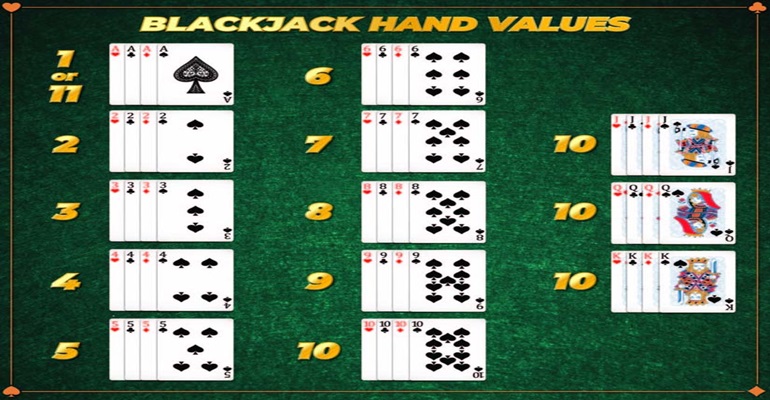
For example, a hand with a 7 and a 9 has a total value of 16. An Ace and a Jack make 21, also known as a “blackjack.” If a hand contains an Ace valued at 11 but then hits another card that busts the total over 21, the Ace automatically converts to a 1, and the hand value drops accordingly. Understanding hand totals and working to get as close to 21 without going over is key to success in blackjack.
THE ROLE OF DEALERS
An important aspect that differentiates blackjack from poker is that players do not compete against each other but rather against the dealer. The dealer acts according to fixed rules with no choices on how to play hands. Common dealer rules are:
- Soft 17 – The dealer must hit 16 or lower and stand on hard 17 or higher. The dealer typically hits with a soft 17 (an Ace valued as 11) but will stand at some tables.
- Hole Card – The dealer gets two cards, but only one is shown until the end. This is called the hole card. Players have to act without knowing its value.
So, in addition to understanding your hand, paying attention to the dealer’s upcard is critical for betting and playing strategy, as it will determine his chance of busting based on subsequent hits. This information factors into doubling or splitting decisions.
Now that you have a solid grounding in the fundamental rules, you’ll be prepared to dive into various blackjack betting techniques.
UNDERSTANDING THE BETTING PROCESS
When playing blackjack, there are important protocols and procedures related to betting that players should understand before sitting down at a table. Knowing betting etiquette will ensure you avoid rookie mistakes when wagering.
TYPES OF BLACKJACK BETS
Blackjack accommodates a variety of bet types beyond the standard wager. Understanding the different bets available and how they work will allow players to explore more strategic options that could prove advantageous in certain situations when used properly.
Main Betting Options
The most common blackjack bet is called the straight-up bet. This refers to placing a single wager on whether your hand will beat the dealer’s. However, some variations on straight betting provide more flexibility:
- Backline Betting – Many blackjack tables allow players to place bets on other player’s hands rather than just their own. This is known as backline betting and allows for additional wagering opportunities.
- Call Bets – Instead of handling chips, you can verbally call out your bet type and amount to the dealer rather than stacking chips. However, call bets are generally prohibited unless you have an established playing history at that casino.
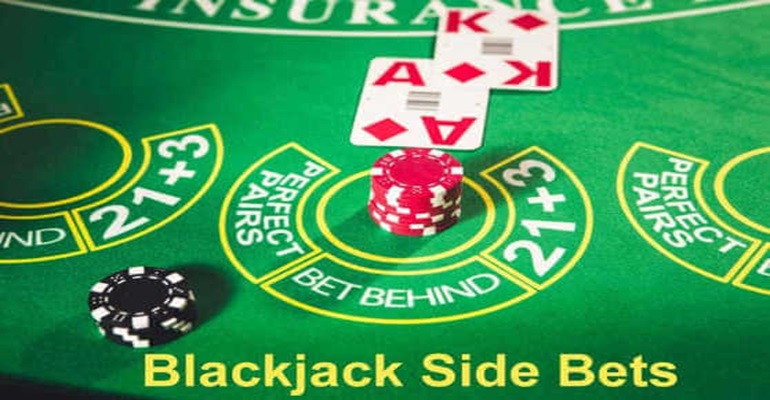
Side Bets
While straight bets are focused on the outcome of the player’s hand versus the dealer’s, side bets allow players to wager on other aspects of the deal:
- Insurance – This special side bet becomes available when the dealer’s upcard is an Ace. Players can use a side bet equal to half their original wager as insurance if they think the dealer has blackjack. Pays 2:1.
- Perfect Pairs – This side bet wins if your first two cards make a paired combination like 9-9 or King-King. Payouts range from 5:1 to 25:1 based on pair type.
- 21+3 – You bet your first two cards, combined with the dealer’s upcard, will form a flush or higher poker hand. It pays up to 100:1 if you get suited three of a kind.
While side bets may seem appealing, they generally have much higher house edges than standard bets. As a beginner, you should likely focus on straight betting until you master that before attempting to leverage side bets.
UNDERSTANDING TABLE DYNAMICS
Every blackjack table has unique gameplay characteristics and dynamics based on the number of decks used, specific rule variations, and dealer hit/stand requirements. Understanding how these impact overall odds and betting strategies is key.
Table Rules and Odds

Some tables offer better rules and options that sway the odds in the player’s favour:
- Blackjack Payout – Find tables that pay 3:2 on blackjack wins rather than less favourable 6:5 payouts.
- Player Options – Seek tables that permit surrendering, doubling after splits, and soft doubling to allow more leverage for skilled players.
- Dealer Stands on Soft 17 – Ideally, the dealer stands on soft 17s instead of hitting for slightly better player advantage.
Number of Decks and Counting
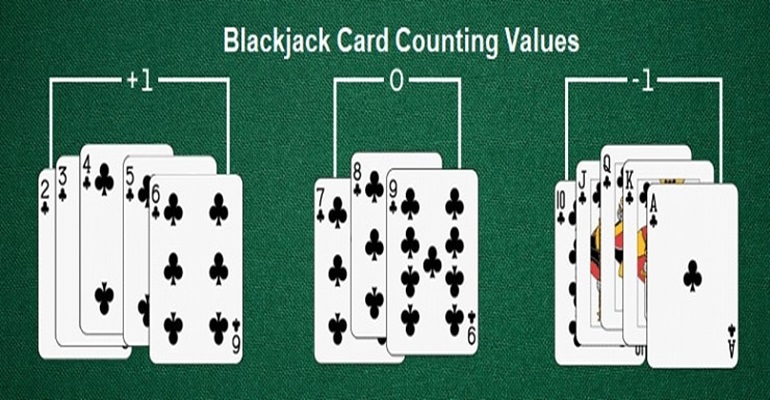
In addition to table rules, the number of card decks used impacts card-counting advantage play:
- Single deck games allow for wider bet spreads and make counting ratios more accurate, given fewer card possibilities.
- Multi-deck shoes, usually 4-8 decks, make counting incrementally more challenging but still beatable with proper techniques.
Be sure to adapt your counting and betting strategies based on the specifics of the table.
BETTING STRATEGIES FOR BEGINNERS
When first learning blackjack, it is wise to take a cautious approach to managing your bankroll, understanding table dynamics, and avoiding common mistakes. Focusing on a few core strategies will set you up for consistent success.

Importance of Bankroll Management
Careful monitoring of your gambling budget and bets relative to it is crucially important:
- Set a Budget – Determine the total amount you are comfortable losing before starting a session. Factor in your finances and risk temperament.
- Use Betting Units – Define 1 unit as 1-5% of your total bankroll and size bets in units rather than raw dollar amounts. This allows you to scale bets appropriately.
- Avoid Chasing – Strictly adhere to stop losses and win goals regardless of results to avoid emotional betting reactions.
Key Beginner Tips
In addition to bankroll tips, beginners should:
- Start Small – Make minimum bets early on despite large bankrolls to get used to gameplay.
- Stick to Main Bets – Side bets seem appealing but have much higher house edges. Avoid until mastering the basic straight bet strategy.
- Limit Insurance Bets – Only take even money or insurance when you have a firm-made hand.
Common Pitfalls
Some common mistakes to avoid when betting on blackjack as a novice include:
- No Set Budget – Approaching sessions without setting a strict gambling budget frequently leads to overspending and financial risk.
- Chasing Losses – Doubling bets after losses in hopes of recovering is a reckless strategy that often backfires.
- Ignoring Basic Strategy – Failing to learn optimal basic strategy card actions before playing gives the casino an unnecessary edge.
Now that you know how to properly manage your money and some beginner tips and pitfalls, let’s explore more advanced strategies.
Also Read: Texas Hold’em Cards And Their Order (Strongest To Weakest)
ADVANCED BETTING TECHNIQUES
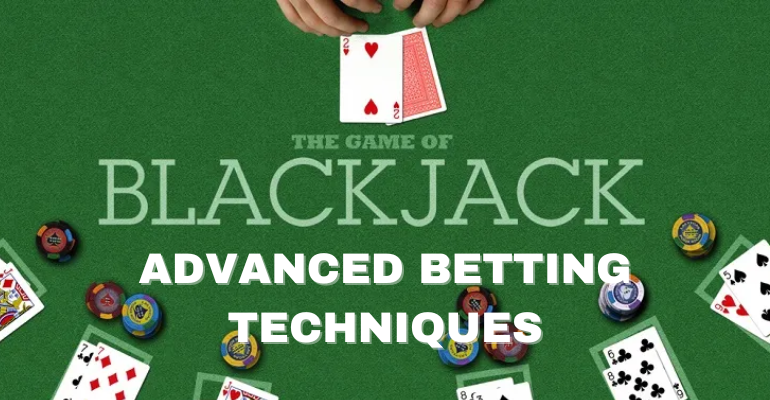
Skilled blackjack players use advanced techniques like card counting to leverage situational information to gain an edge with their betting and playing strategy.
Card Counting Overview
Card counters track the ratio of high to low-value cards played to determine when the shoe favours the player for potentially profitable aggressive betting. Characteristics include:
- Monitor multiple hands to derive a “running count” and true count calculation to get the deck composition ratio.
- As the concentration of non-tens and non-Aces increases (positive count), raise bets to capitalise on player advantage.
- Requires excellent mental stamina. Use strategies like the Hi-Lo count system to simplify mental processing.
Bet Spreading
Bet spreading refers to modulating your bet amounts dynamically based on where the current true count value lies in positive vs negative terrain:
- Make larger bets in the 1 3- unit range when true counts reflect a player-favorable shoe composition.
- When counts reflect more low cards played (dealer favourable), cut back to table minimum 1 unit bets.
- The greater the bet spread between positive and negative counts, the more profit potential, but also the higher the risk of being flagged as an advantage player. Be subtle when counting.
Using proper counting techniques and dynamically spreading bets based on ever-shifting deck compositions requires extensive practice. Still, it is about as close as you can get to a consistent advantage against the house in blackjack over the long run. Put in your 10,000 hours of prep work, and good luck!
TIPS FOR RESPONSIBLE BLACKJACK BETTING
While blackjack can be entertaining, betting does come with risks. Keep these tips in mind:
Conclusion
Learning optimal blackjack betting requires understanding rules, bankroll management, table dynamics, and responsible gaming practices. While betting strategies take practice, blackjack offers better odds for players than most other casino games when played correctly. Stay disciplined, embrace the challenge, and you can do well. Just be sure to gamble responsibly and have fun!


